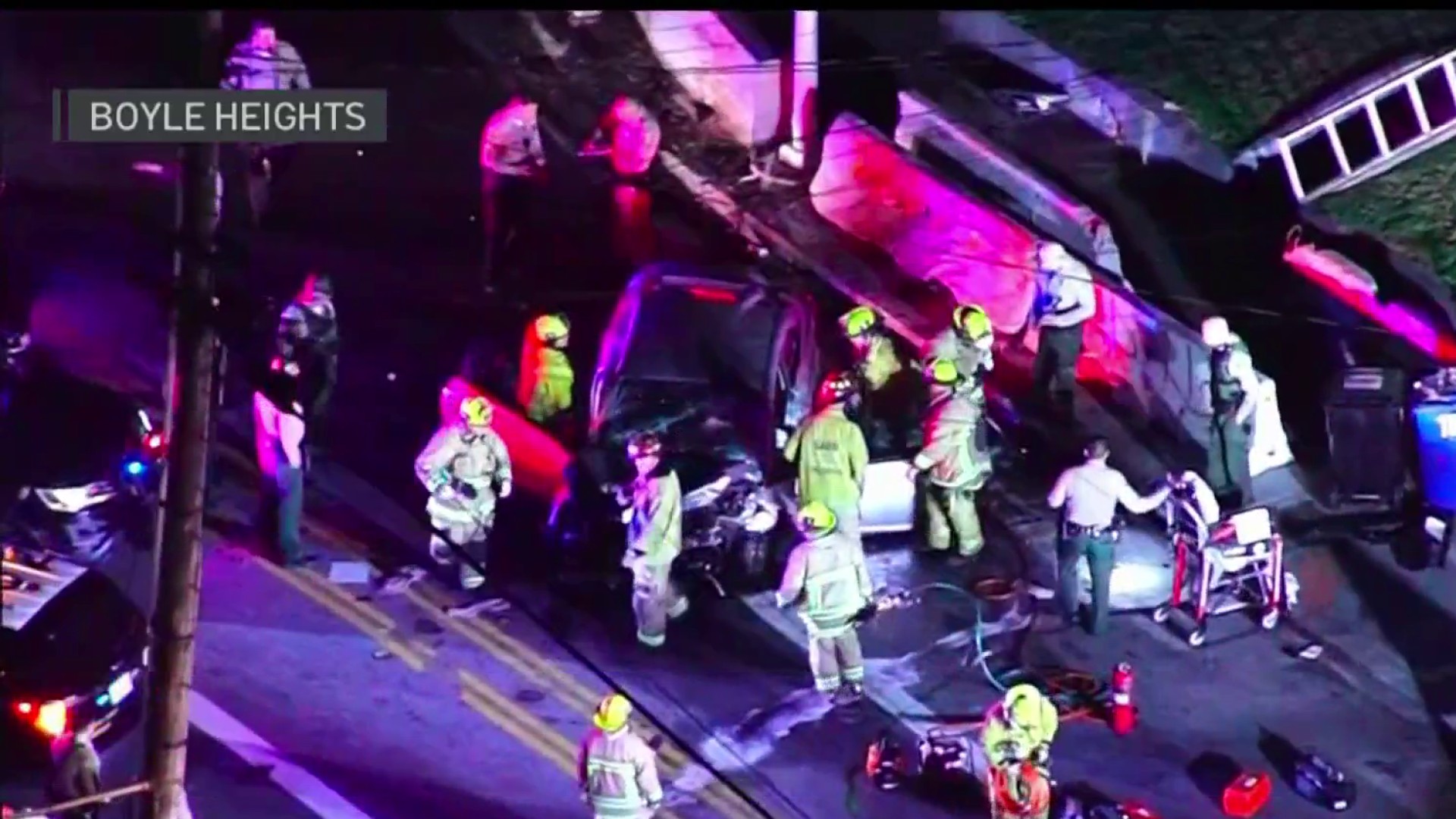California’s “Three Strikes and You’re Out” law, which mandates a life sentence for anyone convicted of three serious crimes, is the toughest such policy in the nation.
Under the law, someone who commits two felonies defined as serious can be sent to prison for 25 years by committing a third felony of any type – even some forms of shoplifting.
Proposition 36 on the November ballot seeks to modify "three strikes" so that only a violent or serious third felony would count.
Supporters, who include Los Angeles District Attorney Steve Cooley, say that’s only fair. Prop 36, they say, would fix a broken system that gives life sentences to people who committed minor crimes.
As currently written, California’s 1994 three-strikes law counts residential burglary as a strike, allows offenders’ juvenile records to be considered as strikes in some cases and lets the third strike be imposed for any felony. Offenders can be sent away for life if their third felony is for petty theft, forgery or drug possession.
"Right now because of this flaw in the three strikes law, significant law enforcement resources are diverted to non-violent, non-serious offenders," said Dan Newman, a "Yes on Prop 36" campaign strategist. "By passing this law, it will focus law enforcement resources on violent and dangerous criminals."
But opponents of changing the law say such a move would bring pain to the families of victims, and put others at risk as violent criminals are sent back into society. Those sentenced under the current law are repeat offenders who already had two serious or violent felony convictions, opponent say.
“It’s the most dangerous initiative on this ballot by any measuring stick,” said Mike Reynolds, with “No on 36,” which has raised $120,000. “It has the potential of placing thousands of Californian’s most serious and violent offenders back out on the street.”
Opponents face an uphill battle against a heavily-funded campaign.
Local
Get Los Angeles's latest local news on crime, entertainment, weather, schools, COVID, cost of living and more. Here's your go-to source for today's LA news.
The "Yes on 36" campaign has raised more than $2.4 million and has the backing of big names such as business magnate George Soros, who's contributed more than $1 million alone. The second leading donor is David Mills, a professor at Stanford Law School, who's contributed just under $1 million.
Leading donors contributing to "No on 36" are the Peace Officers Research Association, which has contributed $100,000 and the San Manuel Band of Mission Indians, which has contributed $10,000.
At least 2,800 inmates, or about a third of the 8,900 inmates convicted under the current three-strikes law, could have their sentences reduced should Proposition 36 pass, according to the state Department of Corrections and Rehabilitation.



